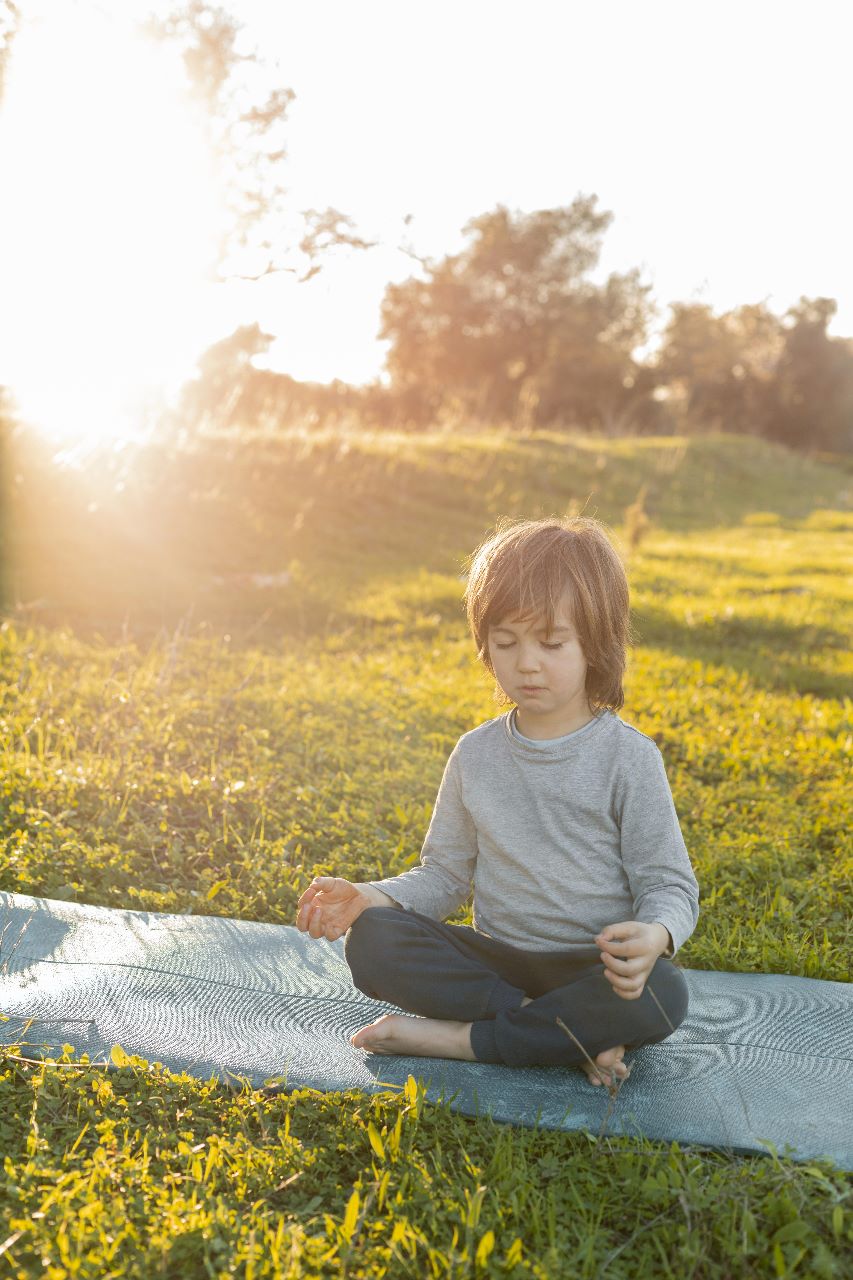Mindfulness and Mindful Activities for Kids
In our fast-paced world filled with distractions, teaching kids the art of mindfulness has become essential for their well-being and emotional development. Mindfulness, at its core, is about paying attention to the present moment without judgment. This practice can have a profound impact on children’s lives, helping them manage stress, build emotional resilience, and cultivate a sense of inner calm. Here’s a closer look at mindfulness and some mindful activities tailored for kids.
What is Mindfulness for Kids?
Mindfulness is often described as the practice of being fully present in the moment. For kids, this means focusing their attention on what they’re doing or feeling right now, rather than dwelling on the past or worrying about the future. It encourages awareness of their thoughts, emotions, and physical sensations, fostering a deeper understanding of themselves and their surroundings.
The Benefits of Mindfulness for Kids:
Emotional Regulation: Mindfulness empowers kids to recognize their emotions as they arise. This awareness provides them with the tools to respond thoughtfully rather than react impulsively.
Reduced Stress: Teaching kids mindfulness techniques, such as deep breathing and grounding exercises, equips them to manage stress and anxiety effectively.
Improved Concentration: Mindfulness trains the mind to stay focused on the task at hand, which enhances concentration and academic performance.
Enhanced Empathy: By understanding their emotions better, kids become more attuned to the feelings of others, fostering empathy and healthy relationships.
Better Self-Care: Mindfulness encourages self-compassion and self-care, helping kids develop a positive self-image and body awareness.
Mindful Activities for Kids:
Breathing Buddies: Have kids lie down with a stuffed animal on their belly. Instruct them to breathe deeply, observing how the stuffed animal rises and falls with each breath. This activity helps children focus on their breathing and calms their minds.
Sensory Exploration: Encourage kids to explore their senses mindfully. Give them objects with varying textures, scents, or tastes and have them describe their observations without judgment.
Mindful Listening: Take kids outside and ask them to close their eyes while you make different sounds (birdsong, wind rustling leaves, etc.). They can then share what they heard, promoting active listening.
Gratitude Journal: Teach kids to keep a gratitude journal where they jot down things they’re thankful for each day. This cultivates positivity and appreciation.
Body Scan: Guide children through a body scan exercise. Have them lie down and focus their attention on each part of their body, starting from their toes and moving up to their head. This practice enhances bodily awareness.
Mindful Eating: During meals, encourage kids to eat slowly, paying attention to the colors, smells, textures, and flavors of their food. This enhances their connection to the present moment.
Nature Walks: Take mindful walks in nature, asking kids to observe the environment without talking. Encourage them to notice the beauty of their surroundings.
Mindful Art: Engage kids in art projects, like coloring or painting, where they focus on each stroke and color choice, immersing themselves in the creative process.
Conclusion:
Mindfulness provides kids with valuable life skills that can support their mental and emotional well-being throughout their lives. Top schools in Kalyan West introduce them to mindful activities and teach them how to pause, breathe, and connect with their surroundings, they empower children to navigate challenges with a sense of resilience, empathy, and inner peace. In a world that often pulls us in many directions, mindfulness equips our kids with a compass to stay grounded in the present moment.


